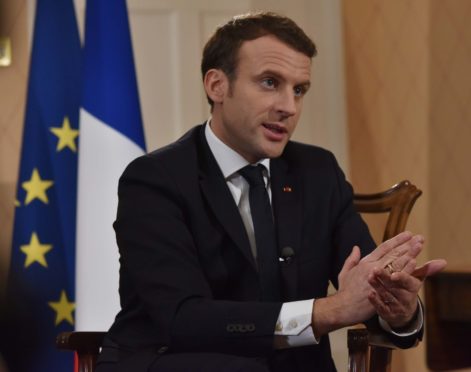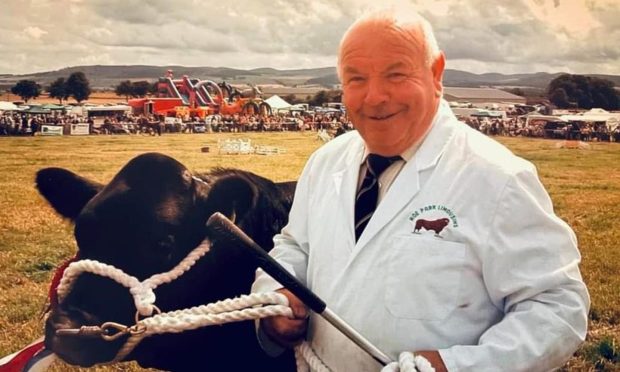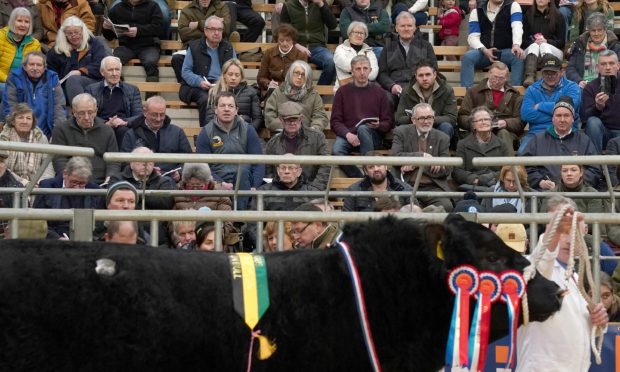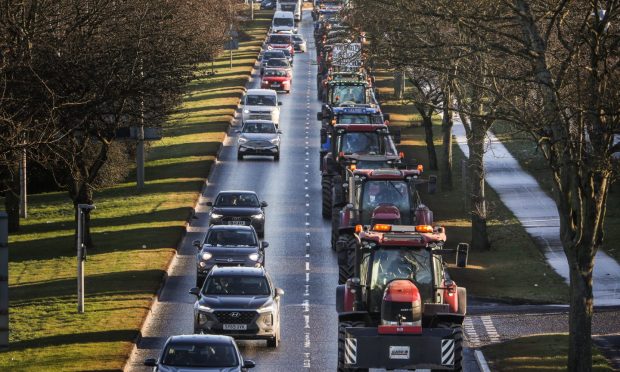EU leaders have only one issue on their minds and that is coronavirus and what the EU can do to work together.
Heads of states held a long video conference on this, but those worst hit by the economic and social fallout – Italy, Spain and France – were disappointed with the outcome.
With the eurozone and other economies reeling, there was no promise of a financial bailout during or after the crisis and, with Brexit in the background, this has long-term implications.
The French president, Emmanuel Macron, has warned it could drive other countries to vote to leave the EU. Italy, after the UK and Hungary, is one of the most eurosceptic of the EU27.
Behind these high politics, the practicalities of getting food on to supermarket shelves is continuing to work well, according to farm ministers. The European Commission has put special measures in place to minimise customs controls and to relax driving hours and night-time delivery regulations.
According to COPA, the body that represents EU farm unions, while farmers are maintaining supplies, the industry is facing price pressure and medium-term threats to stability from coronavirus, with many markets disrupted, particularly for exports.
It also says non-food enterprises, such as plants and nursery stock, have lost all major outlets because of a plunge in demand across Europe.
On milk, it says price pressure is a reality because global markets are just about non-existent. COPA says Brussels may have to introduce private storage to prevent a 2016-style collapse in prices.
On meat, it says the industry is being hit by the loss of all out-of-home eating in restaurants and warns this will drive down prices. This adds to a sense that while demand for food looks good from a retail perspective, the overnight loss of the food service sector is having a devastating impact.
EU farm ministers have promised to look at ways to help farmers, but funds will be limited because of the economic impact of the virus.
Meanwhile, European environmental groups are warning that the much-vaunted Green Deal to drive down carbon emissions could be swept away by the financial impact of the current crisis.
This plan includes the new Farm to Fork strategy for more sustainable farming systems and to reduce food waste and pesticide use.
Their concern is that tough financial choices will have to be made. This could see funds targeted at green measures being swapped into programmes to help what by then will be very sick eurozone economies.
The European Commission says it remains committed to its Green Deal, but realistically it may be hard to secure the same level of political and social support it had a few weeks ago.










